"Having ignored the EP election's results, the European People's Party has teamed up with the left", PM Viktor Orban wrote on his social media, where he shared details of the EU leaders' working dinner in Brussels.
Today, the will of the European people was ignored in Brussels,
− PM Orban said, in connection with an informal meeting attended by EU leaders in Brussels.
According to PM Orban, the result of the European election is clear: right-wing parties got stronger, while the Left and the liberals lost ground.
The EPP, on the other hand, instead of listening to the voters, finally teamed up with the Socialists and the liberals. Today, they made a deal and divided the top jobs of the EU among themselves,
– he wrote.
"They don't care about reality, they don’t care about the results of the European elections, and they don’t care about the will of the European people. We shouldn’t be naive: they will continue to support migration and send even more money and weapons to the Russia-Ukraine war. We will not give in to this! We will unite the forces of the European right and fight against pro-migration and pro-war bureaucrats," PM Orban emphasized.
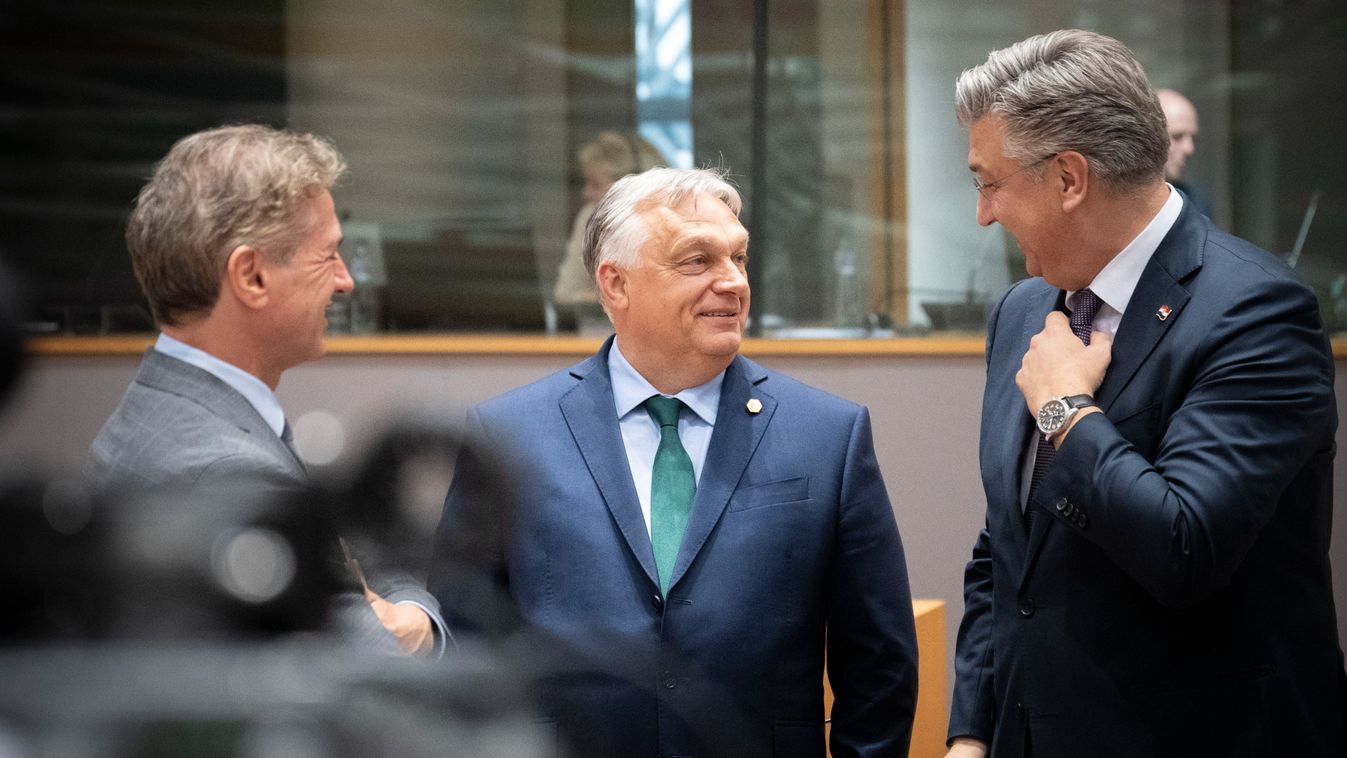





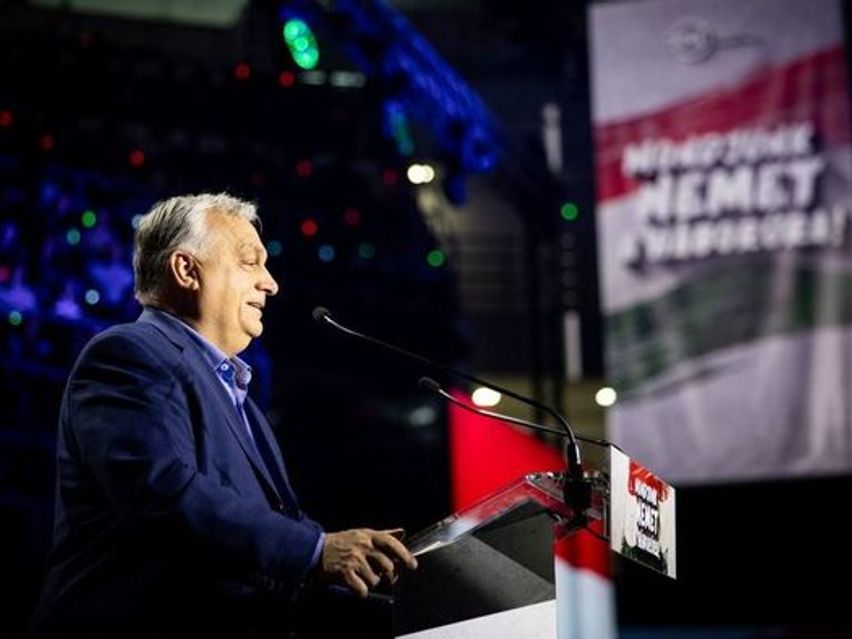
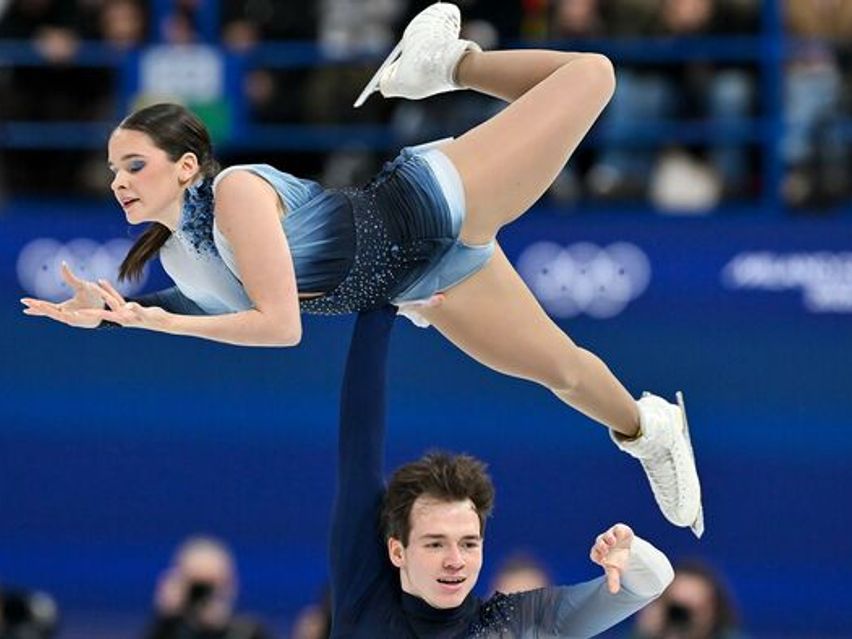
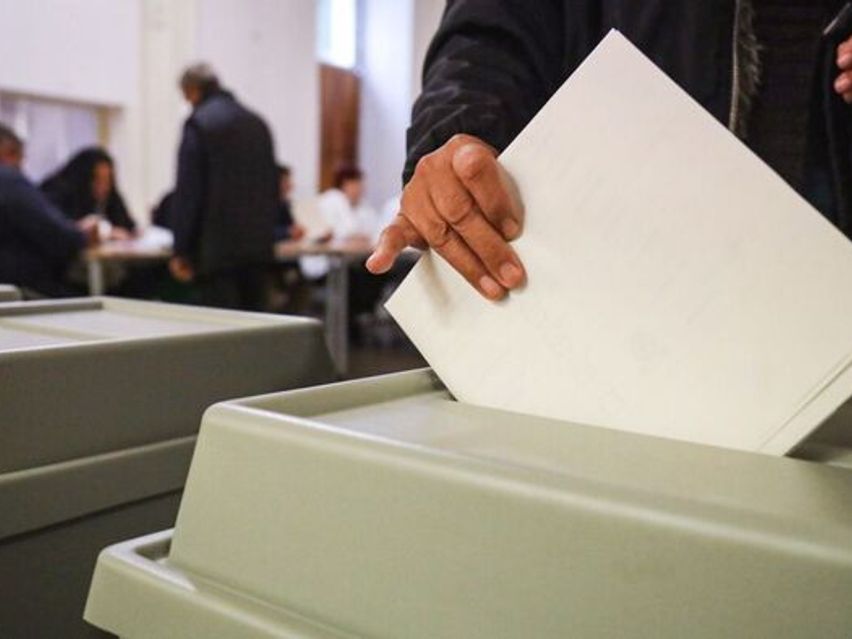
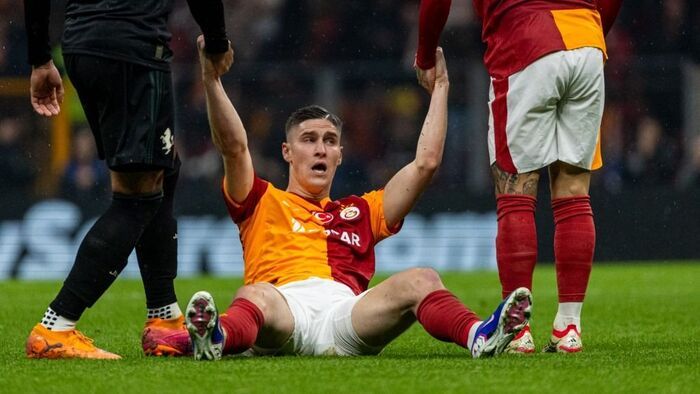

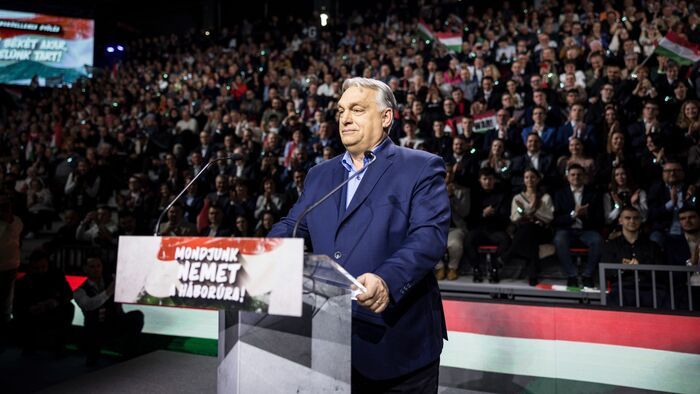



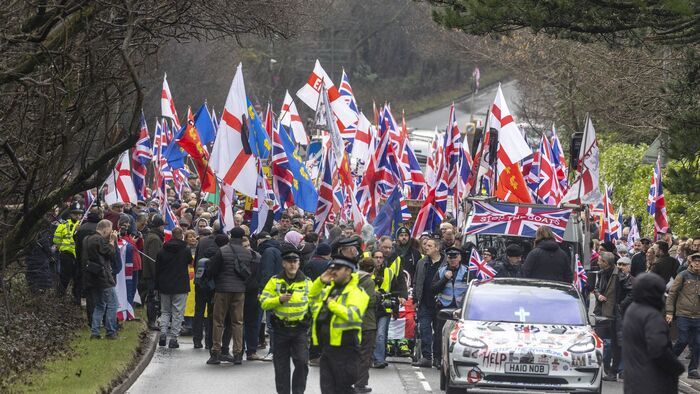
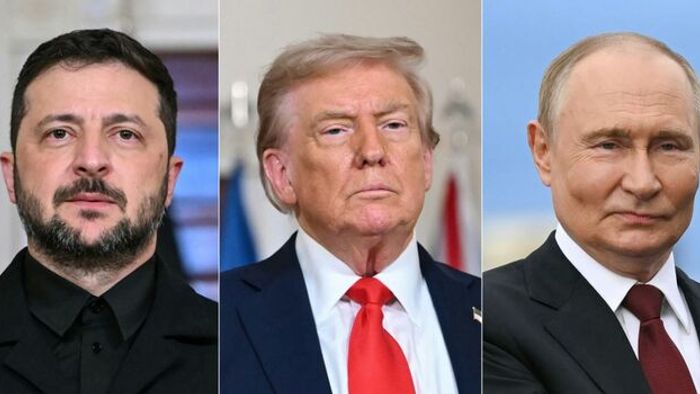
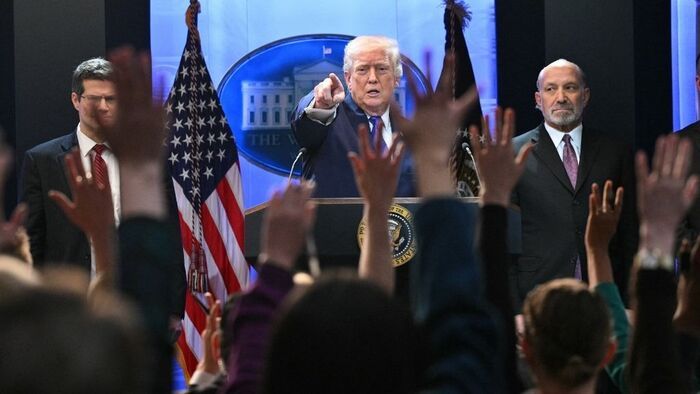

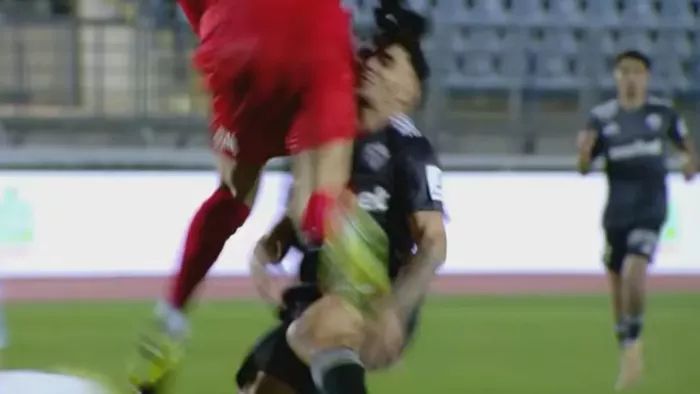
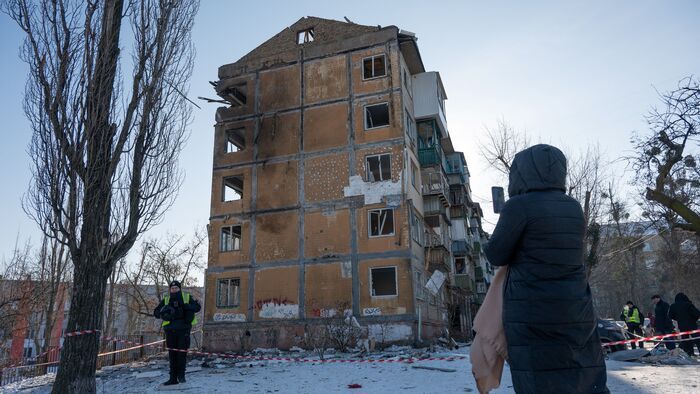
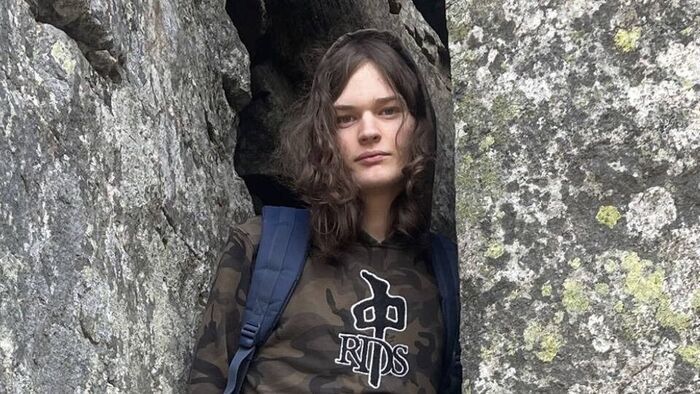

Szóljon hozzá!
Jelenleg csak a hozzászólások egy kis részét látja. Hozzászóláshoz és a további kommentek megtekintéséhez lépjen be, vagy regisztráljon!